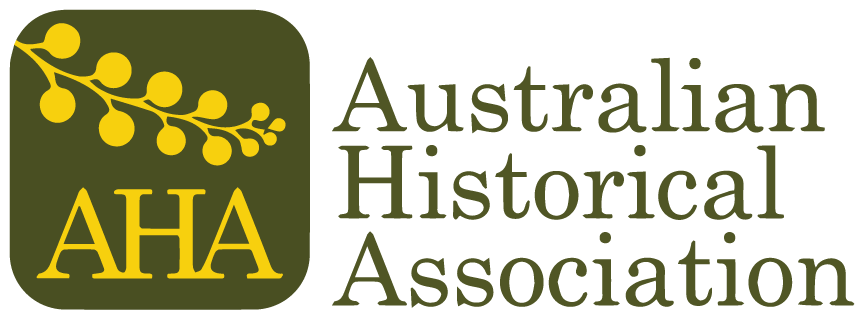1-3 December 2022, UTS and online options
Lawyers and historians have long been aware that what is considered to be knowable and provable is a product of power, history and culture. Legal and historical ‘facts’ are themselves the result of historical processes. Since the 1960s, historians have sought to redress the omissions of state archives, particularly the erasure of First Nations, non-western, queer, female and working class peoples’ perspectives through the use of alternative archives and methods. But what about legal historians? How has legal history taken on board these political challenges? Does legal history – situated in law, with its supposedly ‘more rigorous’ standards of evidence – require more traditional forms of proof than other forms of history? What do we do in our own historical practice when we encounter fragments which suggest a richer history than we can prove: hints as to connections; the roles of shadowy people; lost institutions; unknowable causes; and backstories. How should we think about these fragmentary and unknowable moments, persons, things and connections? What role do speculation and conjecture play? How should we develop theories around the tenuous in legal history? What is required to ‘evidence’ our legal histories? What precisely are the epistemological premises of legal history?
Abstracts due 15 August 2022
